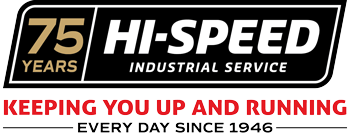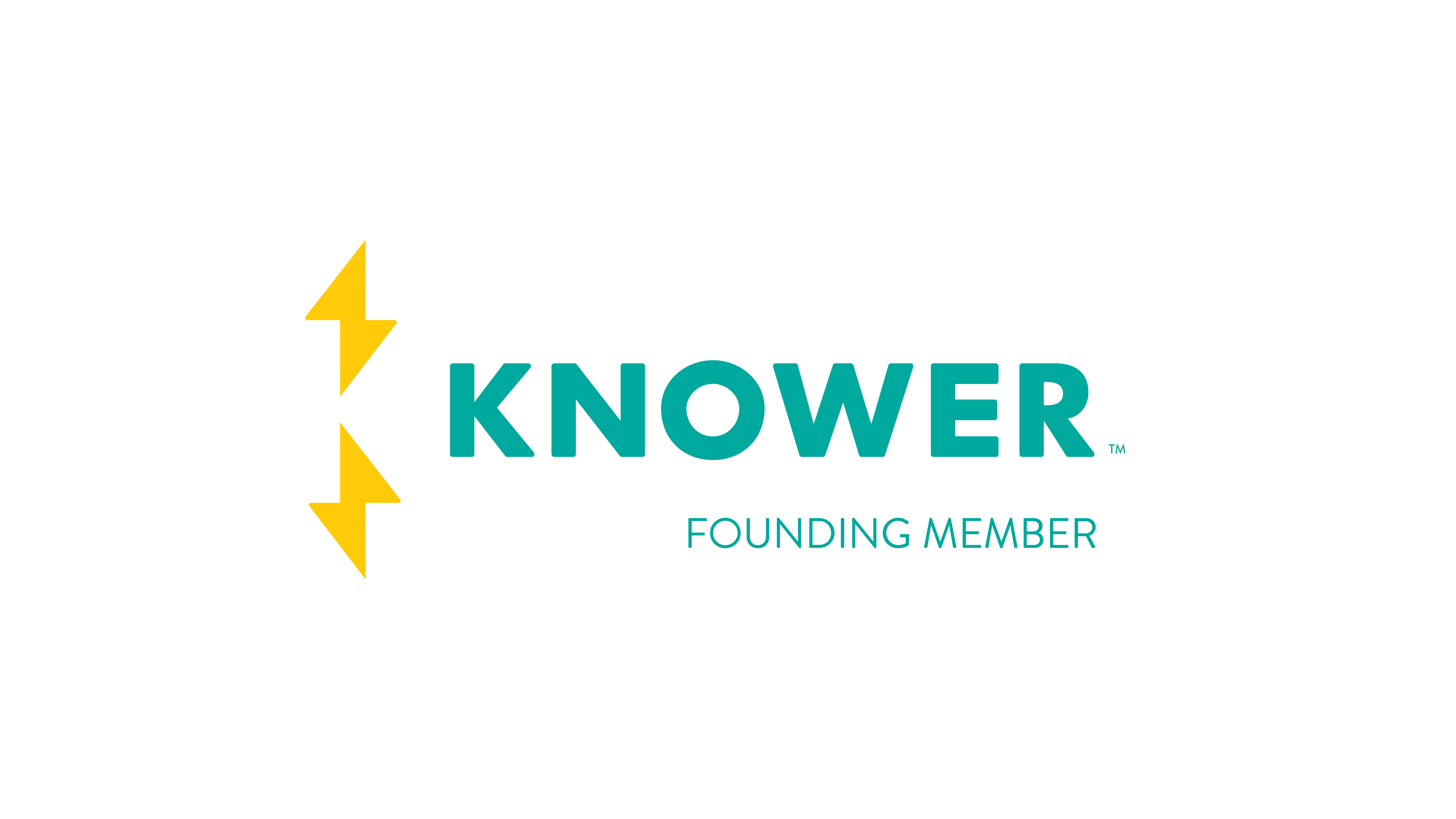Because proper overhead crane training benefits the operator, coworkers, and company productivity, its importance cannot be overstated. In addition to learning how to lift and move different load types correctly, overhead crane training also instructs operators and other users what to do with damaged components like slings and wire cabling and what to do in an emergency.
Typically, the training burden falls on the employer to schedule the needed training as new pieces of equipment come online or new employees get hired. Overhead crane training can minimize unexpected downtime, reduce workplace injuries, and lower worker compensation costs.
Choosing the Right Overhead Crane Training Program
Training is a critical component of every workplace safety program, and cranes are no exception to this rule. Crane training can be divided into three specific categories:
Technical training covers the operational specifics of the crane.
Safety training covers how to operate a crane around personnel and other equipment.
Installation training to cover the proper use of add-on crane attachments and devices.
Employers should also consider four critical factors when selecting the best overhead crane training programs for their company.
Accreditation – any crane training program for crane operators, riggers, lift directors, signal people, and crane inspectors should be approved by the National Commission for the Certification of Crane Operators (NCCO) and accredited by the American National Standards Institute (ANSI).
Content – while the information varies based on the job classification, every certification should include a predetermined amount of class time, study materials, sample tests, and written and practical exams.
Certification – not all cranes utilize the same controls and operating procedures. In addition to the job classifications listed above, specialized crane training programs are available for:
- Mobile crane operators
- Tower crane operators
- Overhead crane operators
- Articulating crane operators
- Telehandler operators
To be eligible for any of these training programs, applicants must:
- Be at least 18 years of age
- Comply with NCCCO’s Substance Abuse Policy and Code of Ethics
- Pass all written examinations
- Pass all practical examinations (when applicable)
These classes can also be completed through self-study, employer-provided training, or a third-party training institution.
Cost – Training courses vary in price depending on the school, the length of the program, and the type of crane. As a result, comprehensive courses typically range from $1500 – $5000 per individual. Additional costs can include practical exams ranging from $60 – $75 each, with an additional $200 – $300 for the written exam. Some states require operators to obtain and maintain a state license for an additional fee. Lastly, most certifications must be renewed every five years.
Which is Better, Third-Party or In-House Overhead Crane Training?
In most cases, the employer is ultimately responsible for worker safety, which includes ensuring that operators are properly trained and certified before they climb into the cab or reach for the pendant controller.
Utilizing a third-party training service makes the most sense for new or smaller companies. Because they conduct training regularly, they are more likely to be on top of the latest changes regarding required training materials, accreditation, and certification standards. Once a third-party trainer has been selected, do not select the most comprehensive training option as the best solution for the company. Matching the training to the job classification and requirements is imperative to keep training costs in check.
An in-house overhead crane training program makes sense for larger companies that employ dozens of operators across many sites. With the in-house option, there’s no need to wait for an opening in the third-party providers’ schedule to
set up a class. As new employees get hired, they can schedule and complete their training immediately.
For in-house training to remain current and practical, the company trainers should attend retraining and refresher courses as often as possible. Competent operators make the best trainers, as they can answer a student’s question from experience instead of referring them to chapter two of the training materials.
The Benefits of Overhead Crane Training
The most obvious benefit is a safer workplace or job site, which keeps operating costs down while maximizing productivity. Properly trained operators are less likely to exceed the crane’s capability through improper use or overload conditions, reducing potential downtime and repair costs. Employees can also improve future placement opportunities by enhancing their skill sets with additional crane certifications.
No matter the location, environment, or materials, cranes are complex pieces of equipment to maintain and operate. Improper use and operator error can quickly lead to disastrous outcomes and consequences for the company. You can email the Hi-Speed Crane Experts to learn more about overhead crane training options or call us today at 800-713-0103.

